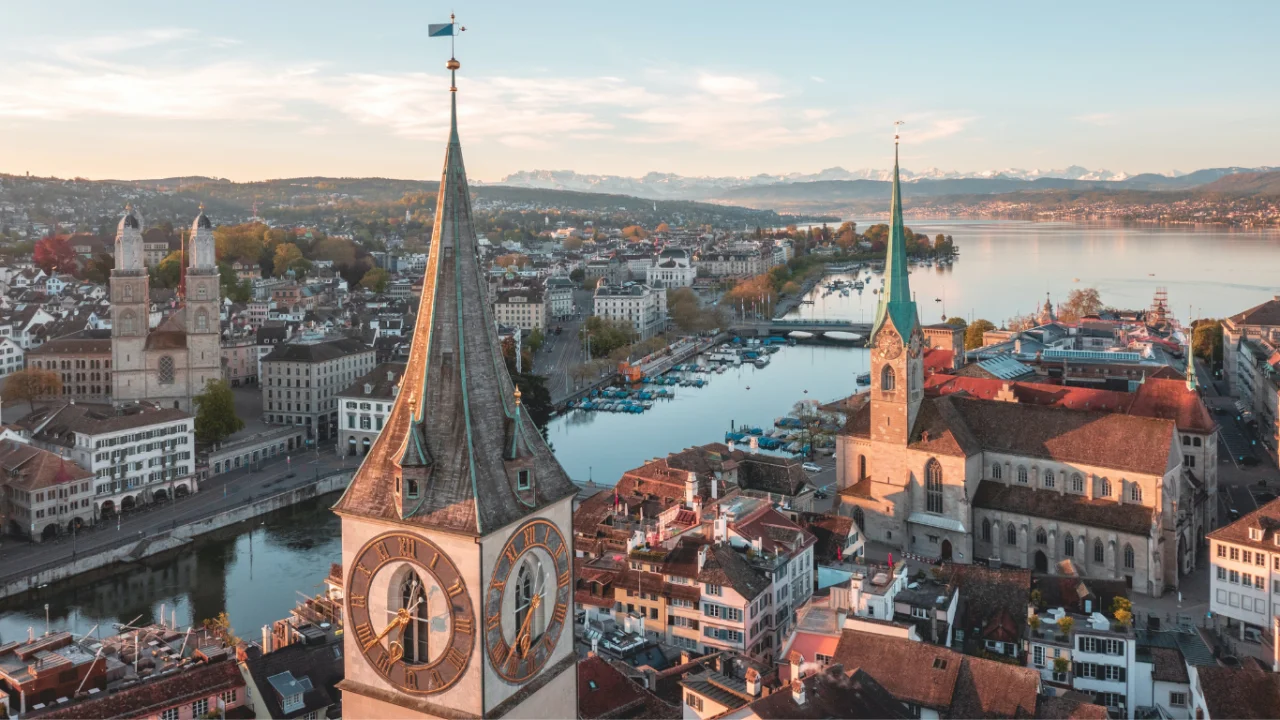The Most Innovative Cities of 2025 Announced

In 2025, the world's most innovative cities have been identified, leading in technology, ecology, and convenience. This was reported by Zamin.uz.
According to the Global Innovation Index published by the World Intellectual Property Organization, cities implementing technologies aimed at improving the quality of life for their residents ranked at the top. Zurich, Switzerland, took first place.
This city has established a system for managing traffic congestion, energy, and waste through digital platforms as part of the "Smart City Zurich" strategy. Additionally, it utilizes heat from industrial facilities to heat and cool buildings.
Oslo, Norway, ranked second. Here, electric vehicles make up nearly half of private transportation.
Oslo obtains the majority of its energy from water sources and is implementing the FutureBuilt program aimed at reducing the carbon footprint. Geneva ranks third.
This city actively works in ecological engineering and digitalization. Through the LoRaWAN system, it has created the capability to monitor air, water, and energy consumption.
Dubai took fourth place. Dubai focuses heavily on reducing congestion and developing clean energy sources through smart transport systems, thousands of sensors, and large-scale energy projects.
Abu Dhabi ranks fifth. Within the framework of the Zayed Smart City project, government services are being digitized, and smart parking and lighting systems are being tested.
The city aims to achieve carbon neutrality. London is making significant investments in sustainability and digital infrastructure.
By 2026, the metro will be fully equipped with a 4G network, and open data is being used to improve the transport system. The ranking concludes with Copenhagen.
Since 2009, this city has aimed to be the first city with a zero carbon footprint. More than half of the population travels by bicycle, and the city places great emphasis on ecological sustainability.







